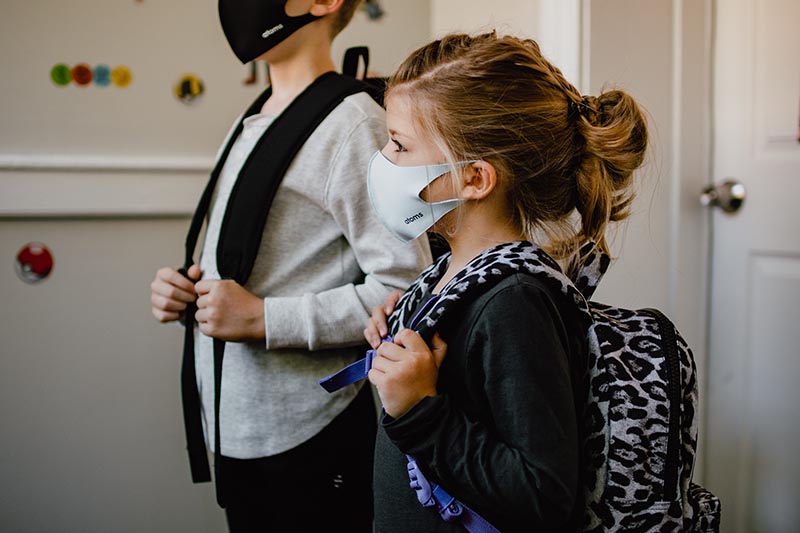
As more schools are adapting to online learning for the upcoming school year, it has become obvious that there are many differences between online learning and traditional learning for kids. Back in March, schools were forced to suddenly close and the results of online learning last spring were poor. Here are some reasons why online learning was so different from in-classroom learning.
Engagement is More Difficult to Enforce Online
Engagement and attendance are harder to enforce online for teachers. It is so easy for students to become distracted at home due to their toys being accessible, siblings disrupting them, and noises and other disruptions that in-person learning does not have. This is especially challenging for students with ADHD who already have a difficult time paying attention in the regular classroom setting.
Attendance is another challenge this school year. Having students be accountable for logging in every day is not a guarantee with internet outages being a possibility. Students who need someone to encourage them to log in may find it difficult if their parents work full time and cannot be there to help.
Teachers are Not Trained for Virtual Learning
Despite the rigorous training teachers received to adjust to remote learning, teachers still had trouble adjusting to teaching children online. Traditional training for teachers prepares them for in-classroom learning but teachers across the country are still trying to figure out the best remote learning teaching practices. As a result, this has negatively affected the teaching quality that students receive.
Online Learning is Unfamiliar to Children
Children are not used to learning online. Even if children adjust quickly to using new technologies, a completely virtual class is something that isn't familiar to them. They also face the challenges of learning platforms/programs suddenly malfunctioning, unreliable internet and other factors that can happen outside of the teacher's control. This in turn affects the overall learning experience for children.
Online Learning Challenges
There are many challenges to online learning that makes it much less effective for kids compared to in-person learning. Distractions, lack of in-person support, and less engagement are just a few of the challenges facing students in today's learning environment. Teachers and parents need to do what they can to set up their students for success despite the lack of traditional learning experiences.
Here at Math Genie, our teachers have done a great job of adjusting to the virtual learning experience. Parents are extremely satisfied with the transition to online classes and the majority of parents surveyed said that they would prefer to continue online classes even after we reopen in-person.
Our online class ratios are 4:1 meaning your child gets the individualized attention they need with remote learning. Each class has its own progress report, which helps parents stay up to date with their child's learning. Many parents have been happy with the way Math Genie teachers have kept their children engaged and challenged while at home.
References
https://elearningindustry.com/traditional-learning-vs-online-learning
https://myviewboard.com/blog/education/how-to-overcome-the-challenges-of-distance-learning/






